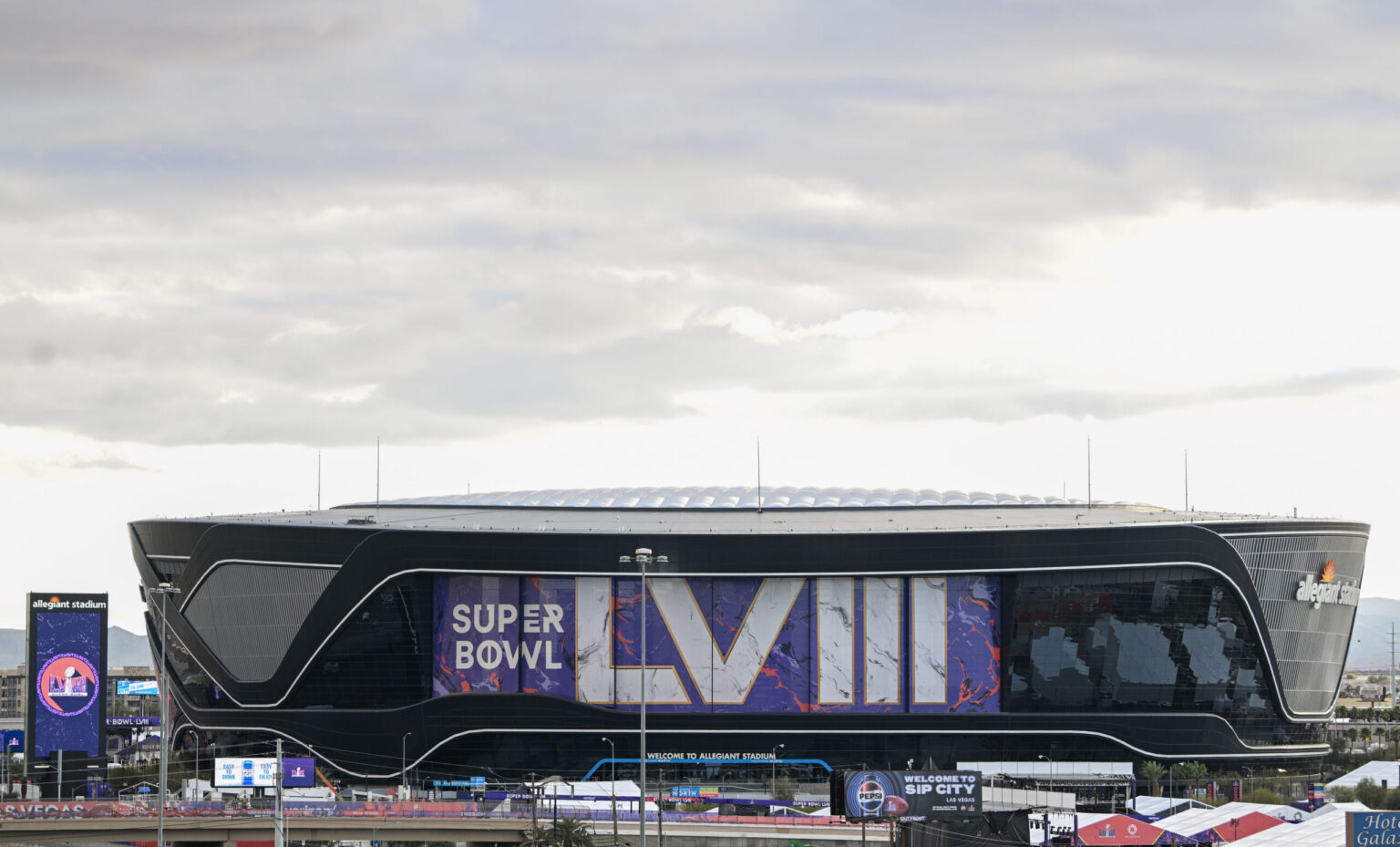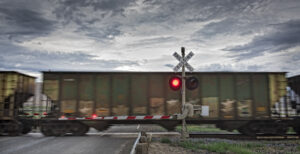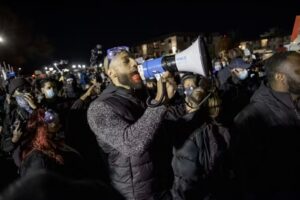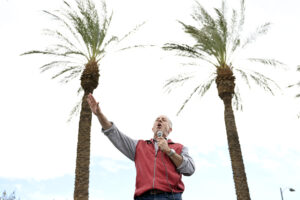8:09
Commentary
Commentary
The Super Bowl is the crowning achievement of Nevada economic policy. Unfortunately.
Although the economic impact of the Super Bowl is typically overstated, and the public cost typically understated or ignored, civic leaders in cities work hard to land a Super Bowl. It’s exciting. It gives the host city lots of friendly publicity. It’s fun.
But in Las Vegas, hosting a Super Bowl isn’t just a one-off special event. It’s the symbolic culmination of several years of policies, enthusiastically embraced by Nevada state and local politicians of both parties, to “develop” the economy, chiefly by bowing before and/or publicly subsidizing private sector enterprises that don’t need public subsidies, in the hope of attracting shiny objects.
Inasmuch as Nevada has an economic policy, one way to describe that policy is “land the whale.”
Coddling mining in the state constitution. The quickie divorce capital; First state to legalize gambling; Giveaways to Elon Musk; Giveaways for football and, now, baseball stadiums. The thankfully failed Blockchains fiasco. The initially failed but sure to return hare-brained scheme for a giant handout to the film industry…
It’s always some gimmick, some shortcut. If Nevada can just land that whale, then everything will be fine.
“In gimmicks we trust” is a Nevada bipartisan motto, as is a deeply held – or at least frequently asserted – faith that the ensuing prosperity will magically trickle down to everyone else.
The thing is, it hasn’t.
With perhaps the exception of workers fortunate enough to be represented by the Culinary union in collective bargaining agreements, the wages and conditions in the Southern Nevada service economy through the first two decades of the current century suggest that no matter how many whales Nevada lands, wealth and prosperity hasn’t been broadly shared, but hoarded at the top.
Nevada wages are among the nation’s lowest, and wage growth in the state is among the nation’s slowest. Nevada’s unemployment rate is the nation’s highest.
That’s not just a Covid shutdown hangover. On the eve of the pandemic, Southern Nevada households were by some measures still worse off than they had been before the economic crash of more than a decade earlier.
And it’s not as if the state was a hotbed of shared prosperity prior its painfully sluggish quasi-recovery from the Great Recession. Over more than a 30-year period, from 1984 to 2017, Nevada’s median household income growth was the nation’s smallest.
While lining up behind – and to take credit for – splashy projects like the NFL stadium, politicians, policymakers, and allied insiders vow they are driven not by what’s best for the wealthy interests they’re subsidizing, but what’s best for working Nevadans.
Evidence suggests otherwise. Job creation during the construction phase of the NFL stadium fell absurdly short of projections, and a substantial portion of jobs created at the stadium since it opened have been part-time and low-paying.
Job creation, and job quality, at the baseball stadium are sure to be even less impressive.
And the next gleam in the eyes of state politicians – massive public subsidies for the film industry – would create some direct film industry jobs, but is projected to create significantly more jobs involving food service, accommodations and retail occupations – already the three most common jobs in the state, and among the lowest paying.
Politicians and the “civic leaders” pushing these projects have demonstrated over and over again that they care more about project developers, operators and owners – those who stand to profit the most – than the working Nevadans who make all that profit possible. Las Vegas was harshly reminded of the scant regard leaders have for the citizenry when the heart of the metropolitan area was torn up and bottled up for an extended period, and at great inconvenience and expense to Southern Nevadans, at the request/demand of Formula 1.
Spectacles – and few if any are bigger than the one taking place in Las Vegas this weekend – create some economic benefits for some people. But for the Southern Nevada economy, the Super Bowl is also more of the same, an entertainment event that feeds, perpetuates and aggravates the low-wage, low-quality, and unstable jobs so characteristic of the Nevada job “market.”
Economic diversification (which the Super Bowl is not) won’t fix that; in raw numbers, the most jobs projected to be created over the next several years, not just in Nevada but nationally, are low-wage, low-quality jobs.
Instead of chasing after shiny objects on the pretense of quality job creation, Nevada could have spent the last several years enacting policies and public investments designed to make life better for the Nevadans who are in the jobs we already have – the same sorts of jobs that will characterize the Nevada workforce well into the future, no matter how many sporting events or battery plants we subsidize.
The Super Bowl is a symbol of everything Nevada policymakers have hoped for. This weekend’s anticipated presence of Ms. Swift cheering in a skybox notwithstanding, it’s a shame they didn’t have loftier goals.
Our stories may be republished online or in print under Creative Commons license CC BY-NC-ND 4.0. We ask that you edit only for style or to shorten, provide proper attribution and link to our website. AP and Getty images may not be republished. Please see our republishing guidelines for use of any other photos and graphics.





Hugh Jackson